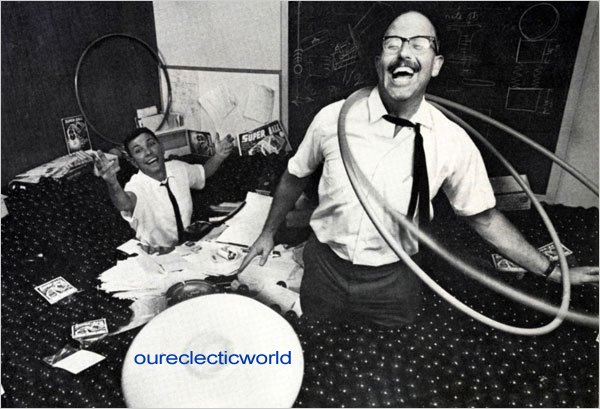 My close friend Travis sent the following expert to me via e-mail today. What a wonderful section! This passage comes from one in a series of interviews in the book Herzog on Herzog. Let me know what you think. Also, you may interested in Travis' recent post of a letter from Ebert to Herzog and also a video interview.
My close friend Travis sent the following expert to me via e-mail today. What a wonderful section! This passage comes from one in a series of interviews in the book Herzog on Herzog. Let me know what you think. Also, you may interested in Travis' recent post of a letter from Ebert to Herzog and also a video interview.---
Do you have an ideology? Something that drives you beyond mere storytelling?
Well, I would have to say that 'mere' storytelling, as you call it, is good enough for a film. When I sit down to write a script I never attempt to articulate my ideas in abstract terms through the veil of an ideology. My films come to me very much alive, like dreams without logical patterns or academic explanations. I will have a basic idea for a film and then over a period of time, when maybe I am driving or walking, it becomes clearer and clearer to me. I see the film before me, as if I were in a cinema. Soon it is so perfectly transparent that I can sit and write it all down. It is as if I were copying from a movie screen. I like to write fast because it gives the story a certain urgency. I leave out all unnecessary things and just go for it. A story written this way will have, for me at least, much more coherence and drive. And it will also be full of life. For these reasons it has never taken me longer than four or five days to write a script. I just sit in front of the typewriter or computer and pound the keys.
Whether I have an ideology is not something that I have ever given much thought to, though I do understand where the question might come from. People generally sense I am very well-oriented and know where I have come from, where I am standing now and where I am going. But it is not an ideology as most people think of the term. It is just that I understand the world in my own way and am capable of articulating this understanding into stories and images that seem to be coherent to others. Even after watching my films, it bothers some people that they still cannot put their finger on what my ideology might be. Please, take what I'm saying with a pair of pliers, but let me tell you: the ideology is simply the films themselves and my ability to make them. This is what scares those people who try so hard to analyze and criticize me and my work. I do not like to drop names, but what sort of an ideology would you push under the shirt of Conrad or Hemingway or Kafka? Goya or Caspar David Friedrich?
I have often spoken of what I call the inadequate imagery of today's civilization. I have the impression that the images that surround us today are worn out; they are abused and useless and exhausted. They are limping and dragging themselves behind the rest of our cultural evolution. When I look at the postcards in tourist shops and the images and advertisements that surround us in magazines, or I turn on the television, or if I walk into a travel agency and see those huge posters with that same tedious image of the Grand Canyon on them, I truly feel there is something dangerous emerging here. The biggest danger, in my opinion, is television because to a certain degree it ruins our vision and makes us very sad and lonesome. Our grandchildren will blame us for not having tossed hand-grenades into TV stations because of commercials. Television kills our imagination and what we end up with are worn-out images because of the inability of too many people to seek out fresh ones.
As a race we have become aware of certain dangers that surround us. We comprehend, for example, that nuclear power is a real danger for mankind, that over-crowding of the planet is the greatest of all. We have understood that the destruction of the environment is another enormous danger. But I truly believe that the lack of adequate imagery is a danger of the same magnitude. It is as serious a defect as being without a memory. What have we done to our images? What have we done to our embarrassed landscapes? I have said this before and will repeat it again as long as I am able to talk: if we don not develop adequate images we will die out like dinosaurs. Look at the depiction of Jesus in our iconography, unchanged since the vanilla ice-cream kitsch of the Nazarene school of painting in the late nineteenth century. These images alone are sufficient proof that Christianity is moribund. We need images in accordance with our civilization and our innermost conditioning, and this is the reason why I like an film that searches for new images no matter in what direction it moves or what story it tells. One must dig like an archaeologist and search our violated landscapes to find anything new.


No comments:
Post a Comment